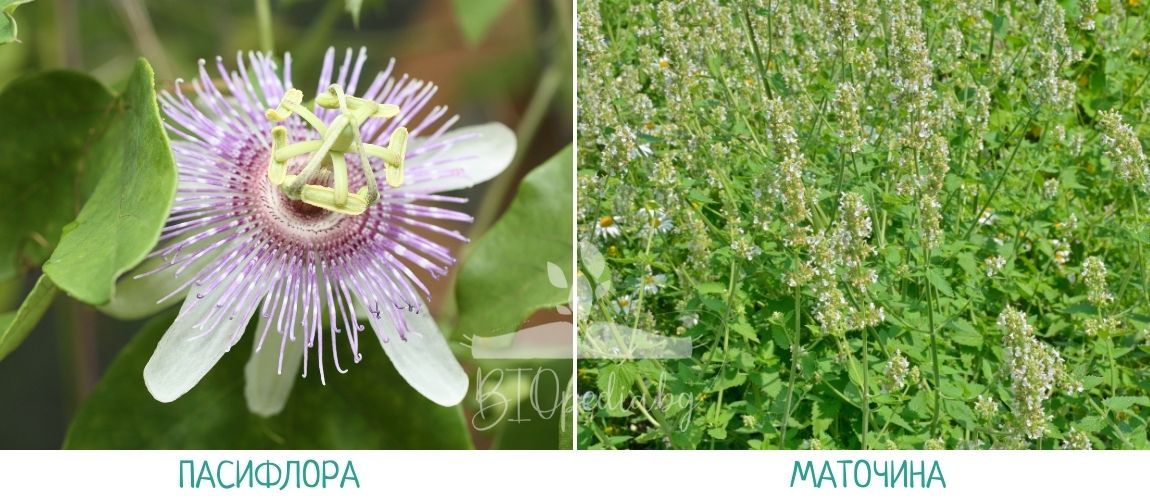Do you sometimes feel a lack of energy? Do you feel like it's hard to cope with everything that happens to you every day? Do you have trouble sleeping or feel like you're exhausted all hours of the day? If you answered yes to at least two of these questions, it's likely that you have an imbalance in your cortisol levels. In thisBiopedia article, we'll share with you about 8 herbs to reduce cortisol.
What is cortisol and what are the signs of an increase in its levels?
Cortisol is a steroid hormone that is produced and released by the adrenal glands. These are the so-called endocrine glands whose location is on top of the kidneys. Cortisol affects several aspects of your body, its main function being to help regulate the body's response to stress.
Symptoms of high cortisol
When cortisol in the blood is consistently high over a long period of time - for example, due to chronic stress or a genetic disease - health consequences can occur. Some symptoms of chronically high cortisol include:
- Cortisol reduction, herbs to reduce cortisol, cortisol medications, high cortisol treatment;
- Depression;
- Fatigue;
- Gastrointestinal upset such as constipation, bloating, or diarrhea;
- Headaches;
- Heart disease;
- High blood pressure;
- Irritability;
- Memory and concentration problems;
- Reproductive problems such as low libido, erectile dysfunction or irregular menstruation and ovulation;
- Difficulty sleeping;
- Slow recovery after exercise;
Weight gain.
The good thing is that many studies prove that there are natural remedies that help reduce the levels of this so important hormone.
8 herbs to reduce cortisol
1 Passionflower
This wonderfully beautiful herb comes from in the southern parts of South America. Passionflower has been shown to be a calming agent that reduces cortisol levels. It is recommended to drink in tea or take in tincture form.

2 Lemon balm
This herb is a member of the mint family and originated in southern Europe and the Middle East. Lemon balm contains many antioxidants and anxiety calming compounds that reduce depression, anxiety and keep cortisol balanced. It is recommended to drink in tea.
3 Ashwagandha
This is a root plant that can be taken for effective stress reduction. In one study, those who took ashwagandha had a 30% reduction in cortisol levels. You can take ashwagandha as a supplement or powdered to add to meals or drinks.

4 Holy basil
Originating from Asia, it is a shrub from the basil family. Two phytochemical compounds, ocimuzosides A and B, have been found to reduce cortisol levels. Taking holy basil as a supplement or in a tea is recommended.
5 Rhodiola
This cortisol-reducing herb is also known as golden root. It originated in Asia and has been used for many years for treatment. Golden root contains a phytochemical known as salisdroside, which is a major factor in reducing cortisol levels.
Rhodiola rosea is the strain that is most effective in terms of health benefits. Rhodiola also helps to increase energy, which can be beneficial for people with depression. It is recommended to take golden root as a tea or supplement.

6 Ginseng
Another well-known herb for reducing cortisol that is familiar in Asian natural medicine. Ginseng helps reduce stress by blocking the adrenocorticotropic hormone. It can be taken as a supplement or tincture.
7 Astragalus membranaceus
Astragalus is an herb with immune-supporting effects that has been used for centuries in traditional Chinese medicine Today, it is known as a natural cortisol-reducing remedy that helps relieve the effects of stress on the body.

8 Chamomile
Chamomile is a common name for flowers or plants similar to daisies.

It is best consumed in tea form.
In conclusion
You can see for yourself that there are many ways to naturally balance the levels of this hormone. Although we have discussed many different options through herbs to reduce cortisol, remember that every body is unique and it is important to determine what works best for your body.
Always check with your personal physician before taking any herbs or supplements to make sure they do not interact with any medications you are taking or other medical conditions you may have.





Comments